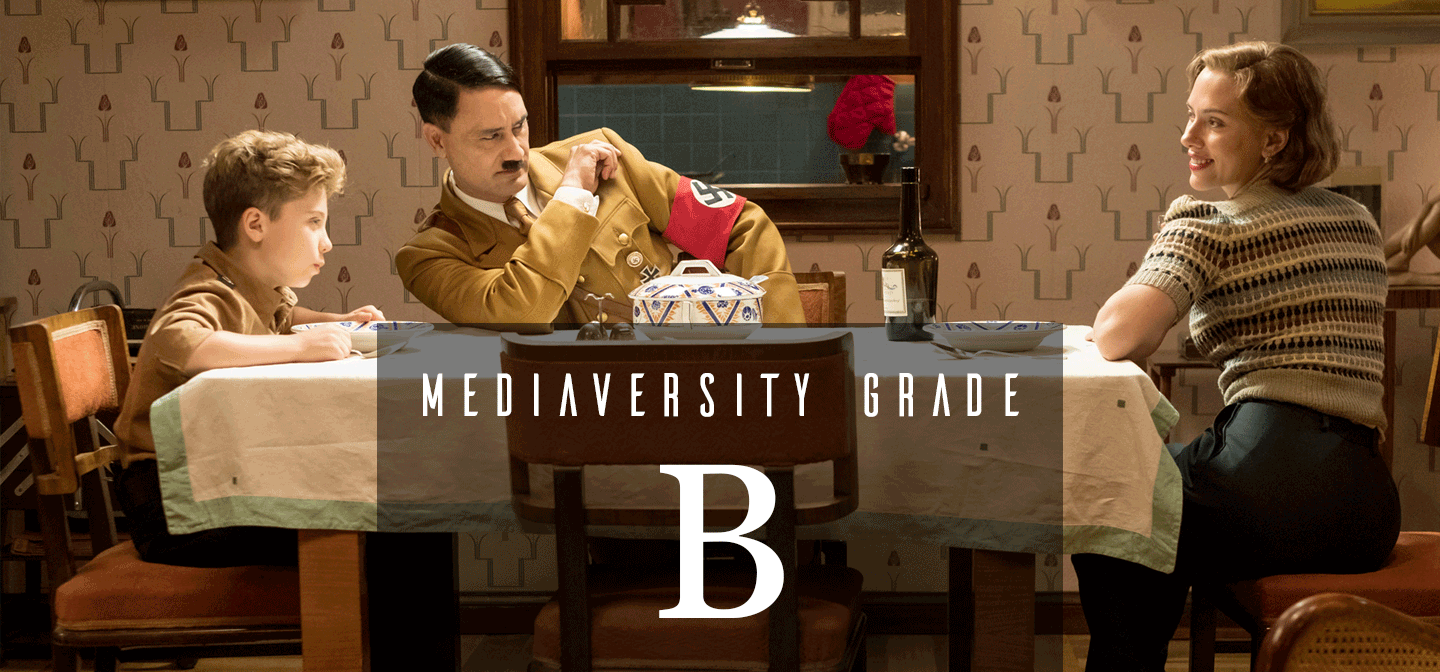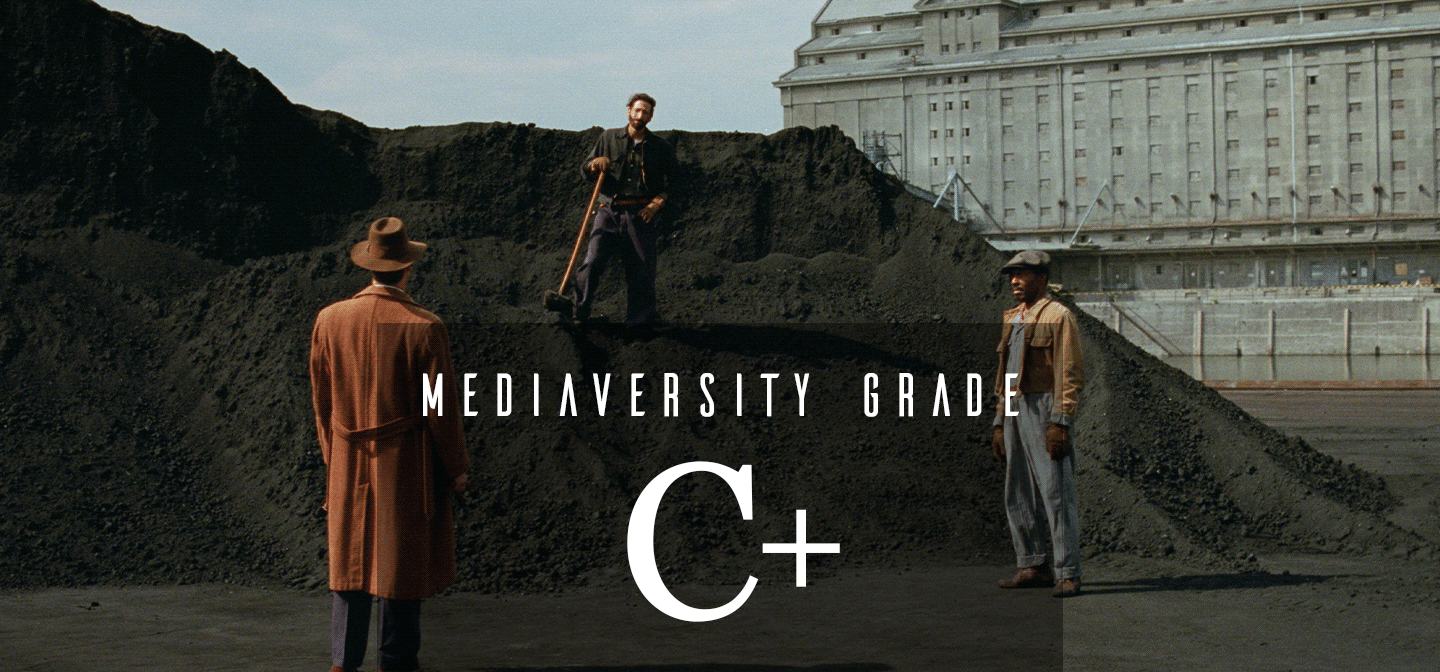Nuremberg
“In a sometimes cavalier movie like Nuremberg, the invocation of horrific archival footage feels misguided, even callous.”
Title: Nuremberg (2025)
Director: James Vanderbilt 👨🏼🇺🇸
Writers: James Vanderbilt 👨🏼🇺🇸 based on the book by Jack El-Hai 👨🏼🇺🇸
Reviewed by Li 👩🏻🇺🇸
—MINOR SPOILERS AHEAD—
Technical: 2.75/5
Despite its somber subject of the military tribunals following the Holocaust, James Vanderbilt’s Nuremberg kicks off with a pep in its step. Based on the book by Jack El-Hai, American psychiatrist Dr. Douglas Kelley (Rami Malek) gets mysteriously transported to Germany with the unprecedented task of keeping a group of war criminals alive long enough to be tried in court. On the train over, Kelley performs magic tricks for a red-lipped bombshell. Upon meeting his superiors, he makes a quip about an affection for codeine pills. This hammy banter wouldn’t be misplaced in a Marvel film—perhaps a sign of Vanderbilt’s past work on films like The Amazing Spider-Man (2012).
Similarly, stylish edits keep the pace moving, like a sizzling sound bridge between a cigarette being put out and someone stepping into a puddle with a splash. But lines like “You’ll never get the Russians,” followed by someone reporting “We got the Russians,” start to feel tacky, and the self-indulgence just keeps on coming. By the time you’re listening to another “[I] hope the Allies run into no problems—” “We have a problem,” it’s clear that Nuremberg can’t find its tonal footing, as scenes are just as often dreadfully slow. Monologues by Hitler’s second-in-command, Hermann Göring (Russell Crowe), fill the runtime. And the cinematography doesn’t help; while clearly purposeful in its stifling ambience, sallow fluorescent lighting and the ceaseless dark of night give the film a cheap look.
Ultimately, its saving grace is an absorbing performance by Crowe, as well as the film’s higher calling of keeping alive the devastating lessons we’ve learned from the Holocaust (and seem perpetually in danger of forgetting). But even then, the film relegates the victimization of Jews to background noise in favor of curiosity around Nazi officials, even humanizing them through Kelley’s quest to understand the psyches behind such atrocities.
Gender: 1.5/5
Does it pass the Bechdel Test? NOPE
Viewers are introduced to American prosecutor Robert H. Jackson (Michael Shannon) early on. His secretary, Elsie (Wrenn Schmidt), has a few throwaway lines, but no impact on the plot. During the trials, she leans over to Jackson and encouragingly says, “This is your day.” Supportive woman trope? Check.
Same with the aforementioned bombshell on the train, Lila (Lydia Peckham), who turns out to be a journalist covering the trials. She’s a caricature, not a human being—a perfectly coiffed pin-up girl with perfect red lipstick that remains unsmudged even in the pouring rain. Unlike Elsie, who existed in real life, Vanderbilt adds Lila to the narrative for an infusion of sex appeal and to cause Kelley’s discharge. Evil siren trope? Check.
That being said, we’re working from an abysmal precedent for gender representation in a WWII movie, and it should be noted that Nuremberg at least acknowledges the existence of women. In addition to Elsie and Lila, we briefly meet Göring’s wife and daughter, and crowd scenes at the trials show multiple female characters. Even though they’re all one-dimensional and/or lack dialogue, their visibility is better than nothing.
Race: 2/5
Malek is Egyptian American, and Crowe has Māori ancestry. It’s positive that actors of color play leading roles, but both of their characters (and real-life counterparts) are white. Within the film, characters are presumed to be entirely white.
Deduction for Religion: -0.25
In our review of The Zone of Interest (2023), critic Dana Sloane spotlights the argument from Dara Horn that “people love dead Jews.” Sloane explains, “There seems to be no end to the number of stories about how Jews died … but very little interest in the ways in which they live.”
Nuremberg follows this unfortunate trend to the letter. In the film’s most powerful moment, it shows horrific archival footage of the Holocaust for several minutes—dead bodies upon dead bodies, as barely-alive, skeletal victims nakedly writhe on a pile of other dead humans. The monstrosity of it never loses its ability to sicken. But in a sometimes cavalier movie like Nuremberg, Vanderbilt’s invocation of such material feels misguided, even callous.
At the very least, the film does include a Jewish character of significance. Though it takes a long time to get there, and is treated as a “reveal,” Sgt. Howie Triest (Leo Woodall) sits down with Kelley and shares his tragic story of how he and his sister fled Germany, their parents murdered in Auschwitz. The story is affecting, though it might be noted that Woodall himself isn’t Jewish, which somewhat detracts from the impact. Nor is Vanderbilt, or any of the film’s primary cast.
Mediaversity Grade: D 2.00/5
At best, Nuremberg keeps the memory and lessons of the Holocaust alive in today’s amnesiac environment that would prefer to rewrite history rather than confront humanity’s worst nature and ongoing antisemitism. On the downside, it’s yet another film that leverages the collective trauma of a people without giving much screentime to those who were hurt the most.




